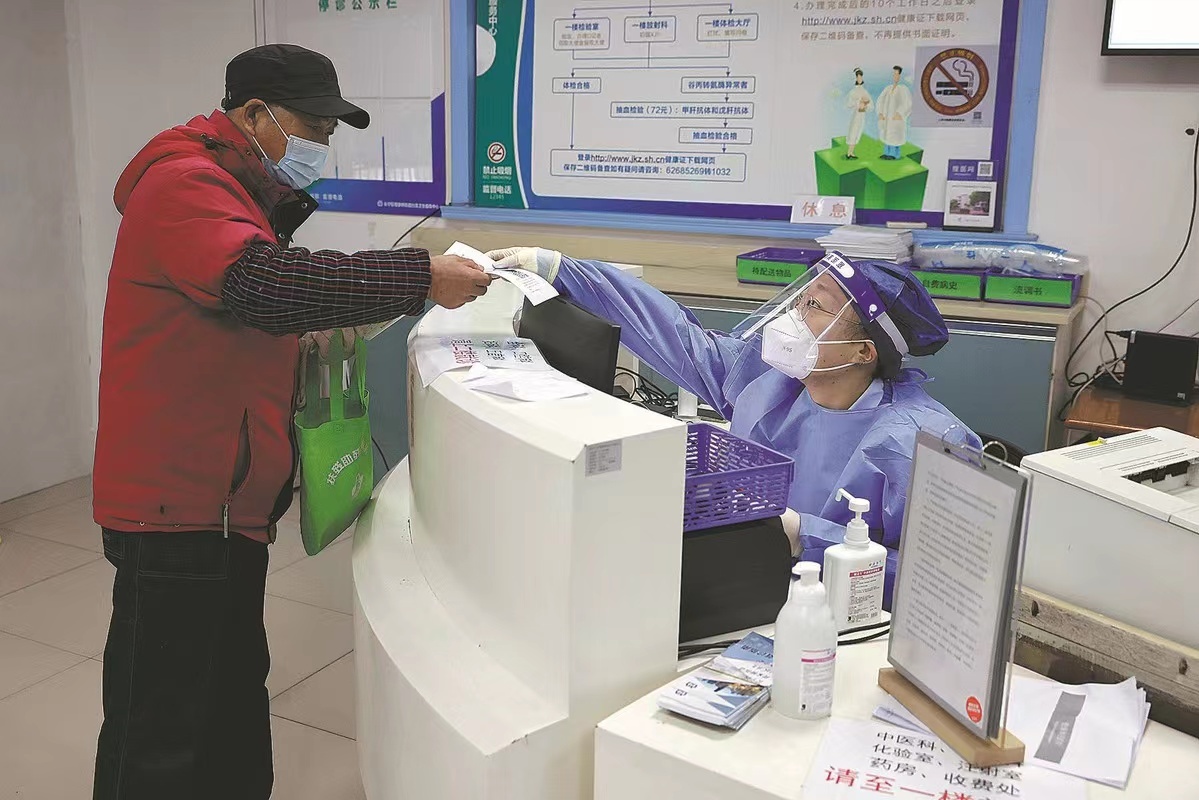
Recently, most people in Ningbo have recovered from COVID-19 and returned to work.
The expert says that it is possible to get COVID-19 again after your recovery.
If you get new COVID-19 symptoms after recovering from COVID-19, you should get tested again, regardless of whether you have had contact with a confirmed case.
If you are at higher risk of severe COVID-19 and develop new symptoms after recovering from COVID-19, see your doctor.
Vaccination is the best way to protect yourself against reinfection. It’s also important to keep up measures like hand washing, wearing a mask and physical distancing.
When can I start exercising again?
Exercise plays an important role in COVID-19 recovery. If you are recovering from moderate or severe illness you should speak with your doctor before returning to exercise.
However, if your symptoms were mild, you can start exercising again if:
You’ve had at least 7 days with no symptoms;
You’ve had 10 days of rest since symptoms started;
You’re no longer taking any medications such as paracetamol.
Start with 15 minutes of light activity and see how you feel. This can include going for a walk or a bike ride. Pay attention to your heart rate and breathing as you exercise. Over time, you can slowly introduce longer and harder workouts.
If you have any of the following symptoms, stop exercising immediately and contact your doctor:
unexpected breathlessness;
chest pain or palpitations. If you experience severe central crushing chest pain lasting more than 10 minutes call 120;
signs of blood clotting, such as swollen calves.
By Jin Lu


